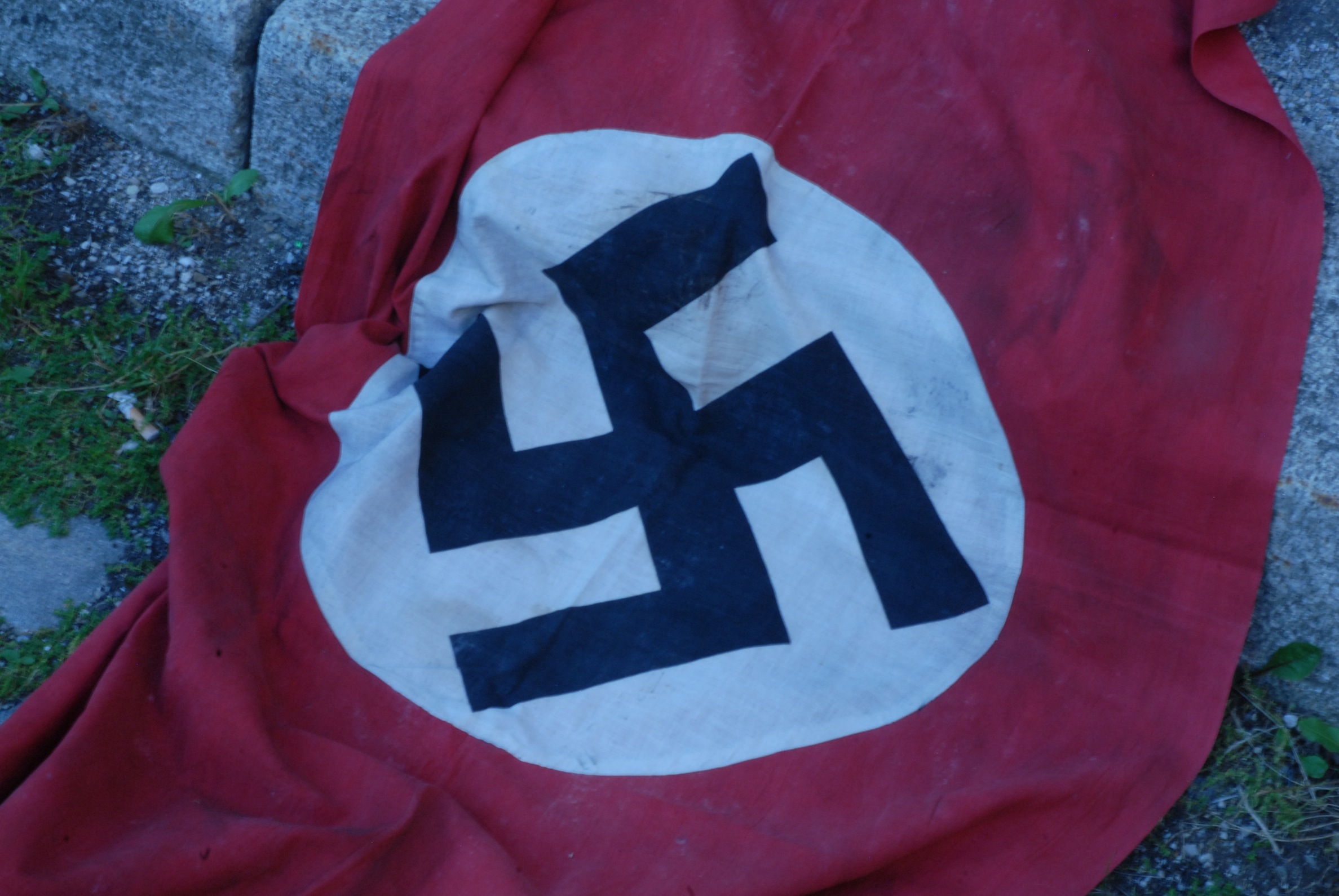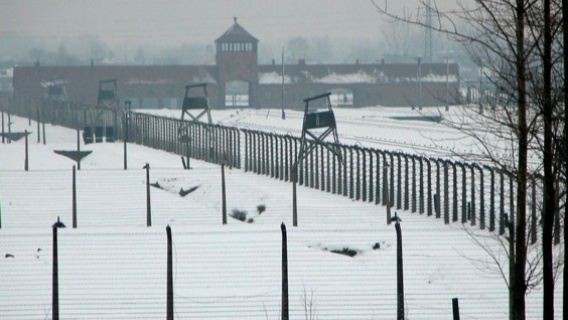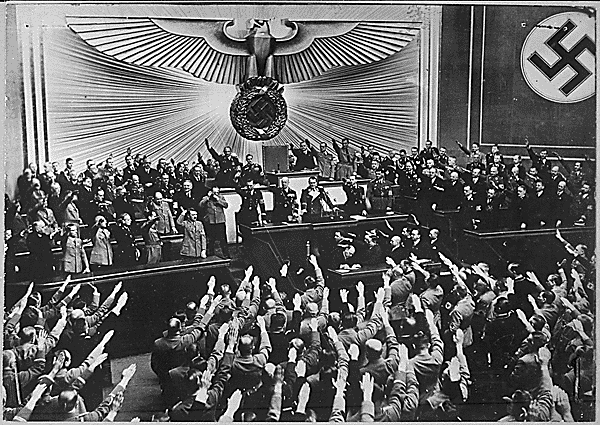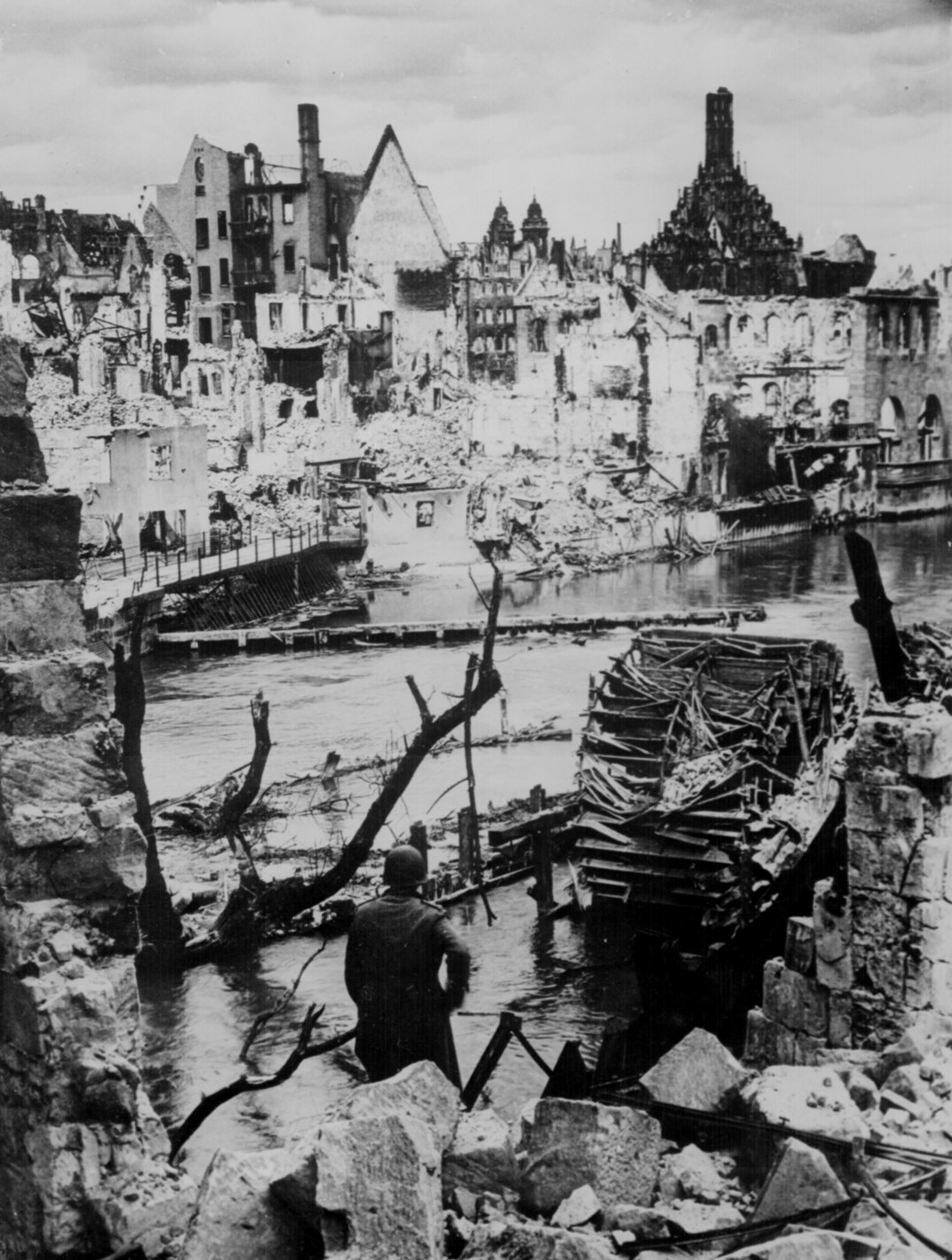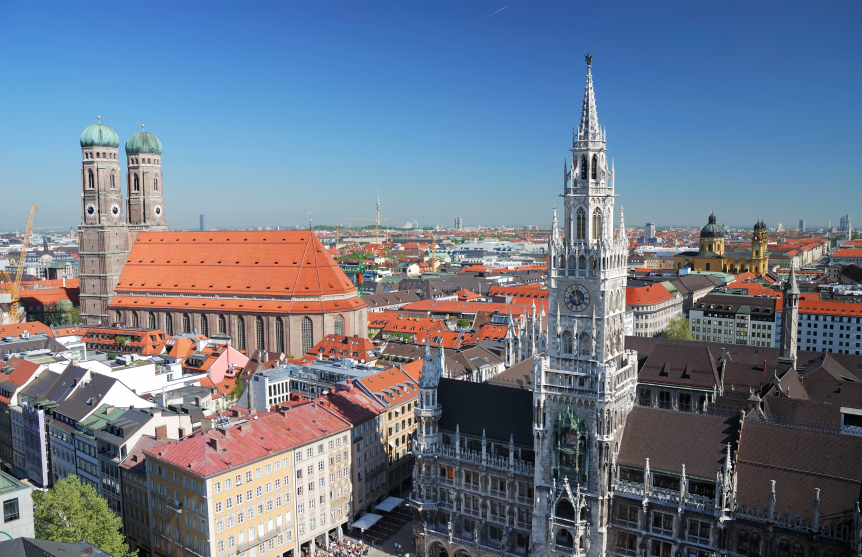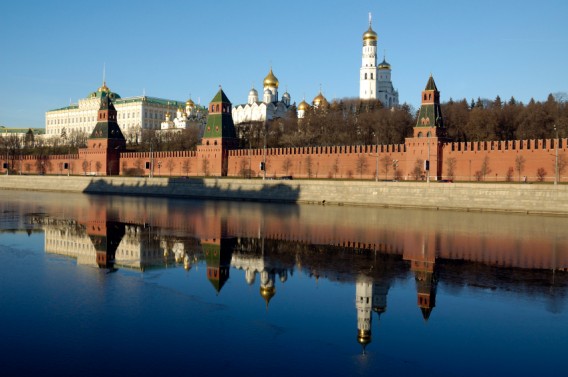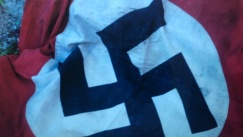
Athens today
This morning I was interviewed on the Today programme on BBC Radio 4 about something I think is very important.
As has been recently reported in the British press, cartoons and street posters have appeared in Greece comparing the current German regime with the Nazis. Clearly, many in Greece are angry about the financial plight their country faces – as well as the austerity measures that have to be imposed to solve the problem. So angry, indeed, that some Greeks blame the Germans for wanting to impose financial probity upon them. And from there it’s but one small step to portraying the Germans of today as Nazis.
It’s outrageous. And the fact that there is not more immediate outrage about this – especially in Germany – shows how tolerant many Germans obviously are.
What is the thinking behind these cartoons? Well, the first point to make is that not enough people realise how much Greece suffered during WW2. Around half a million Greeks died – more than the British lost – out of a relatively small population of little more than seven million. The Nazis committed a whole series of atrocities against Greek civilians in an attempt – futile as it turned out – to destroy the Greek resistance movement.
Add to that terrible history the desire to seek scapegoats in a crisis and you have the mix out of which comes this unfair treatment of today’s Germany. The biggest – and bleakest – irony, of course, is that it was the Nazis themselves who embraced the idea of scapegoats long ago. Jews, communists, gypsies – the Nazis blamed any number of different groups for Germany’s woes. They never accepted that the Germans themselves had been largely responsible for the mess the country found itself in after the First World War.
A desire not to accept responsibility for one’s own mistakes – one of the most fundamental human desires of all. The Nazis demonstrated it in the first half of the Twentieth Century, a number of Greeks are demonstrating it in the first half of the Twenty first.
 Twitter
Twitter